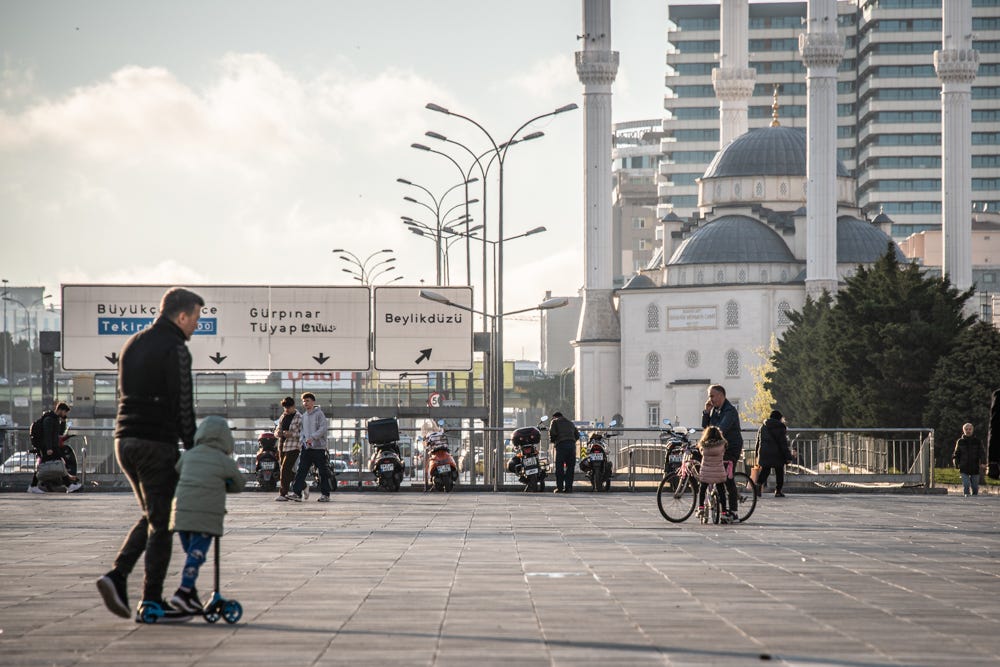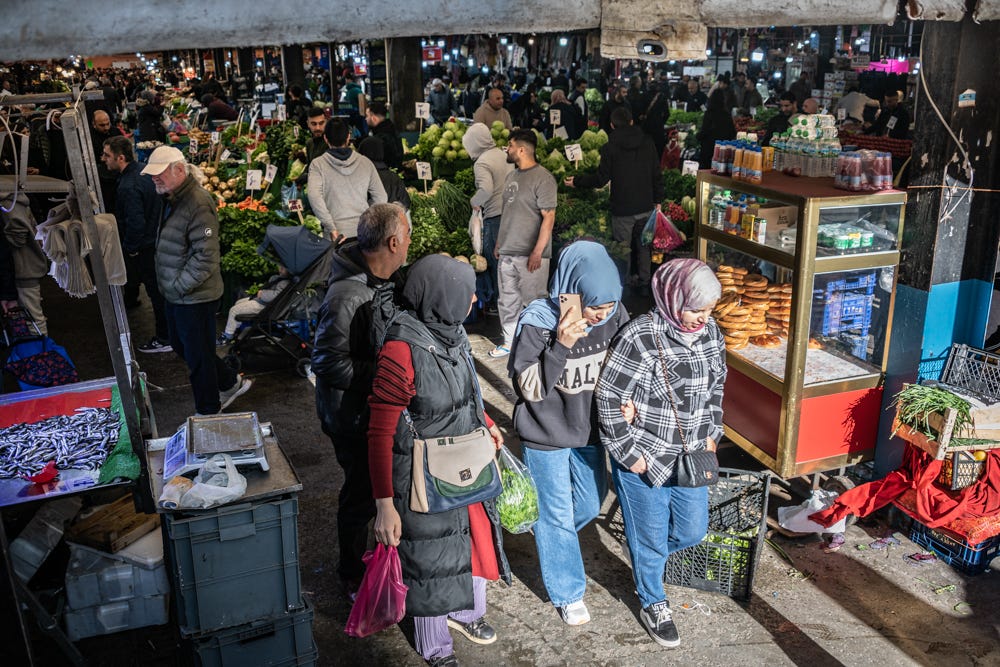For nearly three decades, thousands of Afghans have established a small, but dynamic community in the İstanbul neighborhood of Zeytinburnu, an area that has long served as a landing pad for many immigrants to the city.
More recently, especially following the 2021 Taliban takeover of the Afghan government, a new wave of Afghan families headed by former officials, business professionals and high-profile entrepreneurs have established a separate Afghan community further west in the İstanbul neighborhood of Beylikdüzü.
Mansoor Faizy, a journalist who recently moved his family to İstanbul, says that for many Afghans, Zeytinburnu had become synonymous with smugglers and other unsavory activities.
“It just doesn’t have a good image anymore,” he told Turkey recap.
In response, incoming Afghans began searching for homes in other areas, particularly those with newer buildings. In 2021, the year Faizy and his family moved to İstanbul, Afghan nationals purchased more than 2,760 homes in Turkey, up from about 1,930 home purchases in 2020.
Yet as former bureaucrats and business leaders bought up real estate, often ranging between $250,000 to $450,000 per unit, tens of thousands of undocumented Afghans entering Turkey faced growing anti-refugee sentiments, including the prospects of being deported back to Taliban-controlled Afghanistan.
One Afghan resident in Beylikdüzü, who did not want to be named, said he saw the contrasting realities first-hand earlier this year. He said he used his financial clout to help neighbors facing eviction after their residence permits had not been renewed.
“They were a family just like mine,” the source told Turkey recap, adding he pleaded with police who were trying to forcibly evict the family by saying: “They came here like I did. They are paying to be here just like all of us. At least let them stay until their status is resolved.”
The source then implied all Afghans had the right to seek asylum in Turkey, countering popular descriptions that “Afghan fugitives [who] are flowing into our country,” as main opposition presidential candidate Kemal Kılıçdaroğlu wrote in a recent tweet.
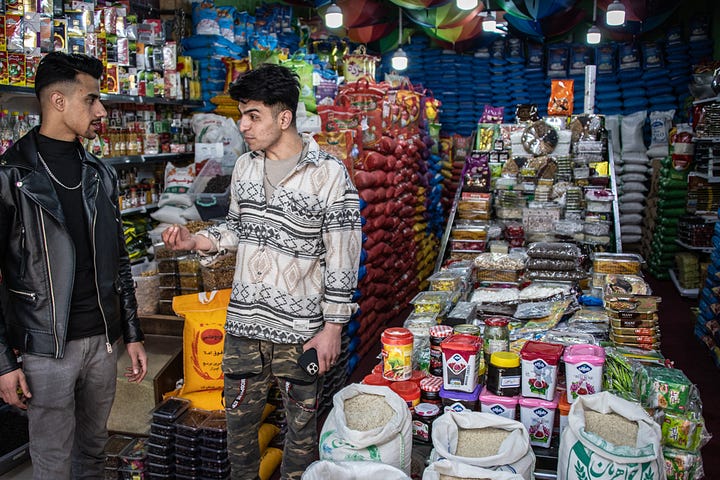
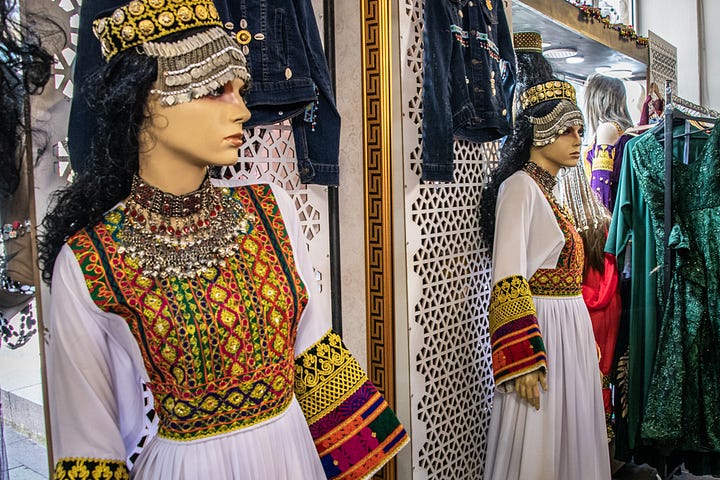
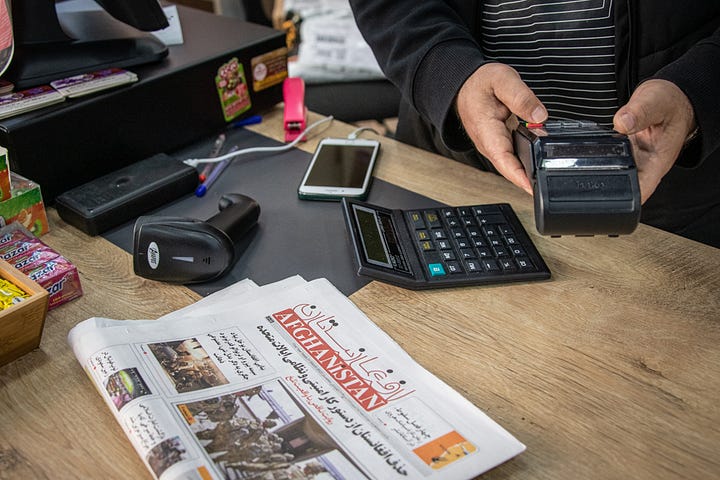
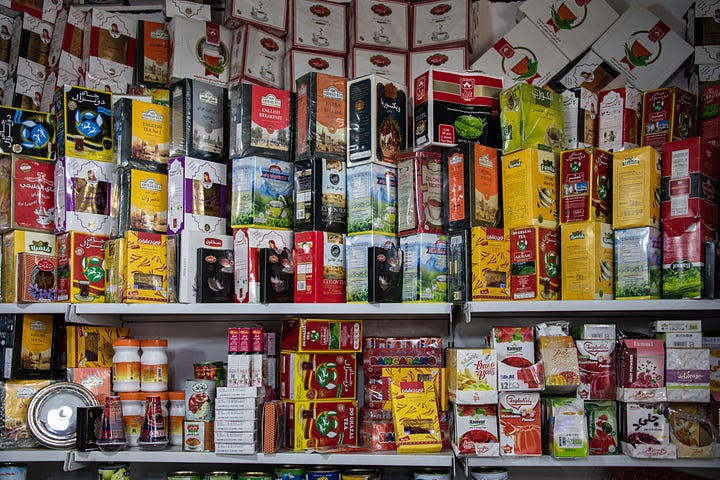
Anti-refugee sentiments
Ali Hekmat, a board member at the Afghan Refugees Solidarity Association, said the closer elections get, the more blatant anti-refugee rhetoric has become.
“Politicians are trading on these kinds of statements to earn votes, and it has an impact on how people treat refugees, especially Afghans,” he said, speaking from Ankara, where he fields calls to assist Afghan refugees.
Hekmat added that Afghans fleeing the Taliban’s Islamic Emirate, who can’t afford to spend hundreds of thousands of dollars on property, have a very different experience in Turkey.
He pointed to recent news stories regarding beatings by border patrol agents and blackmail by criminal gangs near the Turkey-Iran border as examples of the difficulties faced by undocumented Afghans attempting to enter Turkey.
When they do make it into the country, Hekmat said undocumented Afghans are met with additional burdens of proof.
“They ask Afghans for very specific documents, their Afghan national ID, marriage certificates for couples or proof of illness from a Turkish hospital,” all of which Hekmat says are difficult for refugees to keep with them as they get smuggled through Pakistan and Iran.
He said Afghans are often asked for these documents in Van and other bordering provinces before they can go to Afghan diplomatic missions in Istanbul or Ankara, where they could apply for refugee protection status.
Then, there is the issue of continued deportations. In the first eight months of 2022, at least 44,768 Afghans were sent by air to Kabul, despite the fact that Ankara does not recognize the Taliban as the official government of Afghanistan.
Faizy and other Afghans admit that living in Beylikdüzü, where it is fairly common knowledge that Afghan residents can afford to purchase property – and receive residency through the investment – largely shields them from such difficulties.
“In other areas near the center of the city, you’re much more likely to be stopped and asked for your residency by police,” Faizy said, adding he has been stopped in other neighborhoods, but the police were quick to apologize when they saw his residency.
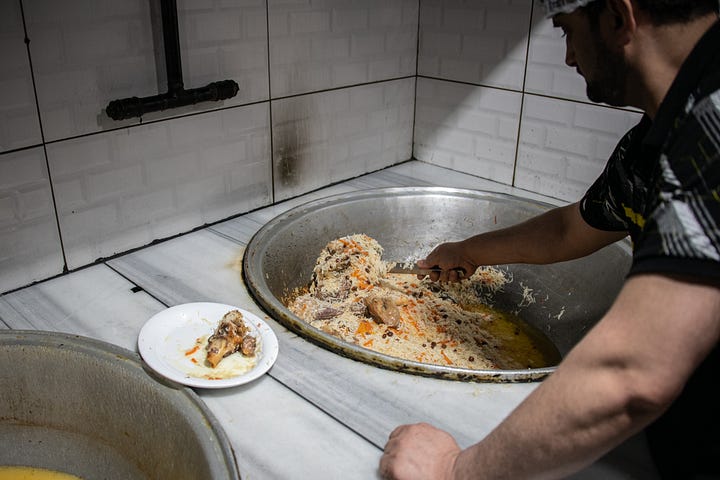
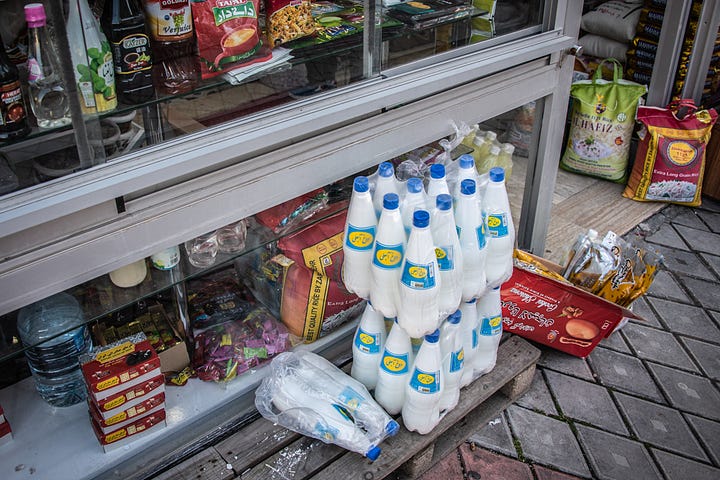
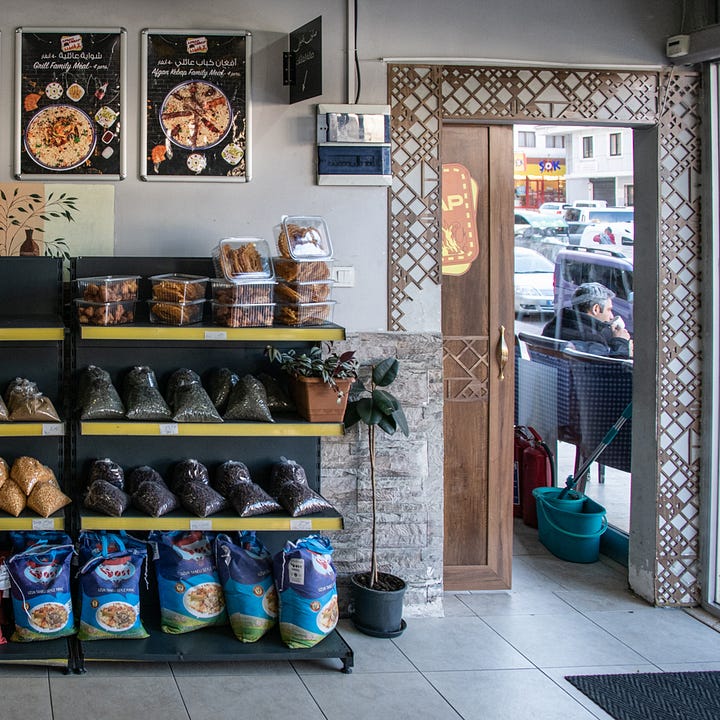
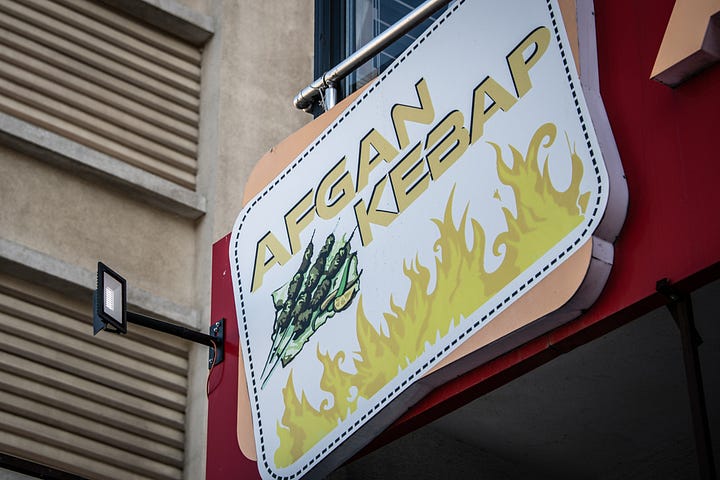
Home investments
By most accounts, the latest wave of white collar Afghans looking to move to Turkey began in late 2015, when word spread across Kabul and other cities that one could obtain long-term residency or even citizenship in Turkey if they purchased property.
According to a real estate company that caters to Afghans in Beylikdüzü, the interest really started to spike around 2019, when Turkey dropped the minimum investment requirement for citizenship from $1 million to $250,000. At the time, the US government and the Taliban were deep in peace talks and the Western-backed Islamic Republic in Kabul was mired in yet another contested presidential election.
Now, when visitors come to Beylikdüzü, residents often point out the neighborhood homes of Afghan notables, including the former Kabul mayor, the nation’s former intelligence chief and a former presidential candidate who was accused of human rights abuses in the 1990s.
For ordinary families, though, Faizy says the draw is the sense of community that has developed over the last few years.
“Here, you can go to an Afghan restaurant and find your own food. You can get Afghan bread. You can buy Afghan carpets,” he said, adding the area evokes memories from his home country.
Like other Afghans in the Beylikdüzü, Faizy said he had just heard the name Beylikdüzü over the years and never really gave much thought to living anywhere else in the city.
“It’s where the Afghans are, everyone knows that,” Faizy said.
But it’s not just the physical and material comforts that draw people to Beylikdüzü. Musa Ramin, a 30-year-old businessman who moved to the area in 2020, says there are also important cultural factors.
“Here, it’s much more traditional,” he says pointing to the fact that on a Ramadan day, the restaurants remain open, but few customers dare to venture inside during daylight hours.
Ramin says in a neighborhood like Beylikdüzü, parents don’t have to worry about their children being exposed to nightclubs, bars, tattoo parlors and other things that are seen as taboo for many Afghans.
Ramin’s sentiments reflect concerns expressed by most families still in Afghanistan. Many fear that sending their children to İstanbul would leave them susceptible to bad influences, like alcohol, drugs and relationships outside marriage.
He says a lot of Afghans place a premium on things like the number of covered girls and women and the presence of mosques when choosing an area to settle in.
The Beylikdüzü appeal
There is also one thing that can’t be found in any part of Kabul that draws Afghans to İstanbul in particular: water. When Ramin began his search for a home in İstanbul at the height of Covid-19 restrictions, his sole non-negotiable request from his realtor was a sea view.
At first, the realtor chuckled. But then, he turned serious, and asked Ramin a question he had been wondering for some time: “All you Afghans keep wanting a view of the water. Why?”
To Ramin and others, the answer is obvious. They came from a land-locked country at war where green space, fresh air and access to bodies of water were all rare and coveted amenities.
Still, just because they have money to buy homes, doesn’t mean Afghans haven’t been affected by the rising prices and the falling value of Turkey’s lira, particularly over the last two years.
“A loaf of Afghan bread used to cost about four lira, now it’s eight,” Faizy said.
For Afghans still in Afghanistan, the rising price of everything from real estate to basic commodities also has them thinking the possibility of relocating to İstanbul entirely.
In fact, Kabul is now home to growing numbers of middle- and upper-class families who purchase real estate in İstanbul and, once they receive Turkish passports, they return to Kabul and rent out their properties in Turkey.
Others, send their children to live with relatives in Turkey during the school year while they remain in Kabul, where they have ongoing businesses and careers, which finance their children’s education.
Since the Taliban has banned girls and women from school beyond the sixth grade, education has become an important driving factor for Afghans looking to move to Turkey.
All of this has caused Beylikdüzü to become synonymous with Turkey for many Afghans.
“For most Afghans [in Afghanistan], when you say ‘Turkey’ they automatically think ‘Beylikdüzü’,” Ramin said.
Turkey recap is an independent platform supported by readers via Patreon and Substack. Members get access to our Slack channel, timelines, calendar and more.
We also invite you to visit our merch store, but if you simply liked what you read, subscribe here or share it with a friend. Feedback and pitches: info@turkeyrecap.com.
Diego Cupolo, co-founder + editor @diegocupolo
Gonca Tokyol, freelance journalist @goncatokyol
Ingrid Woudwijk, freelance journalist @deingrid
Verda Uyar, freelance journalist @verdauyar
Gökalp Badak, editorial intern @gklpbdk


